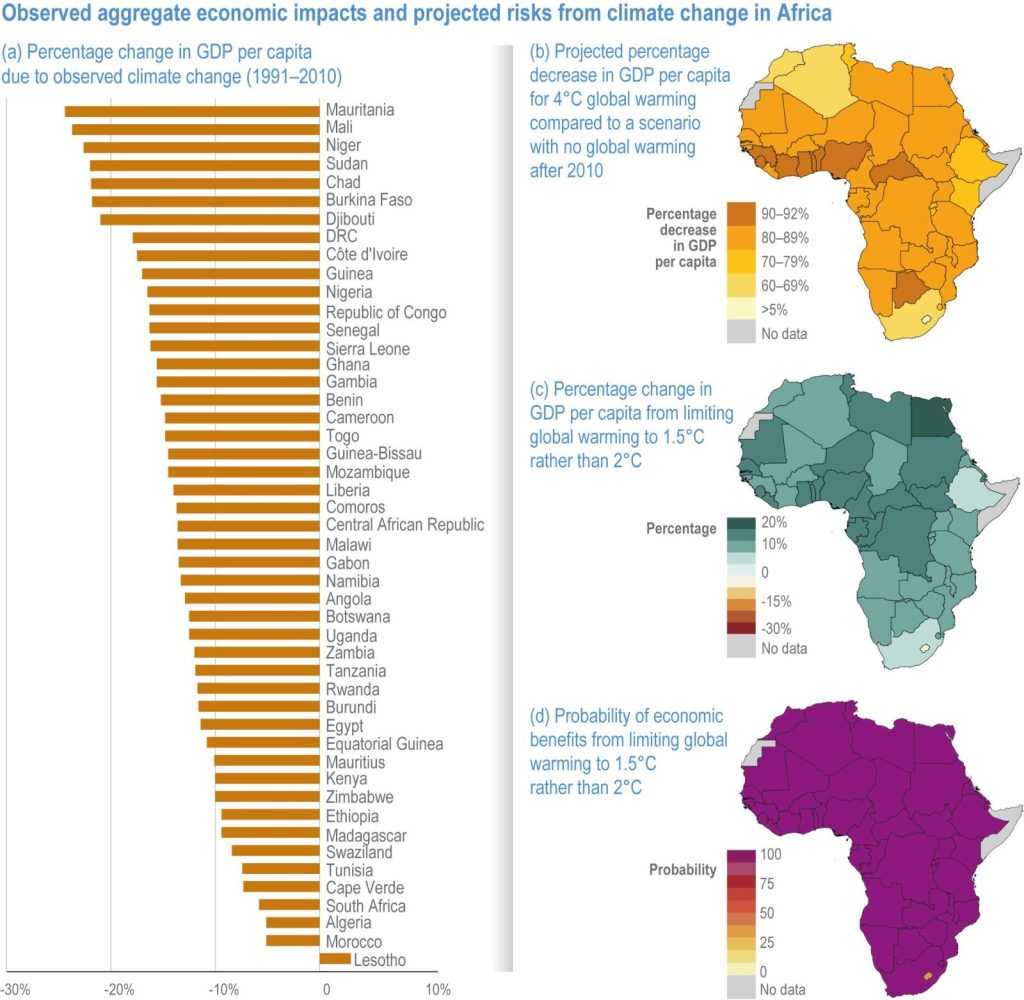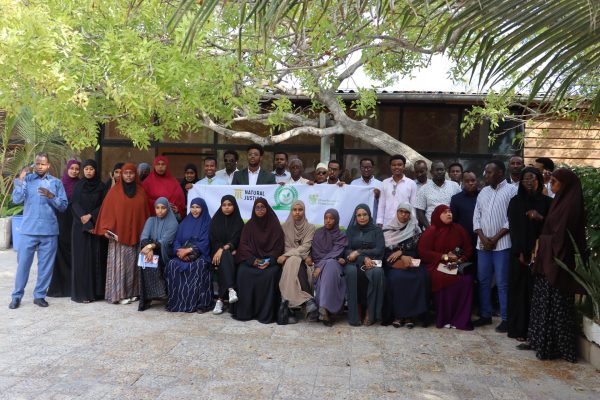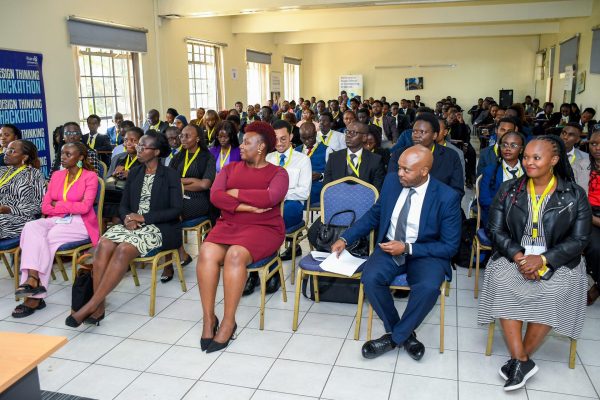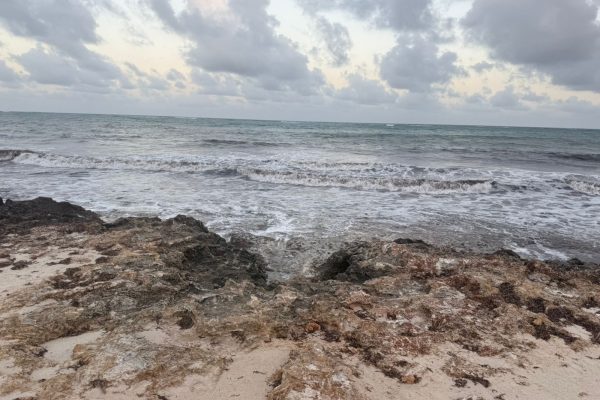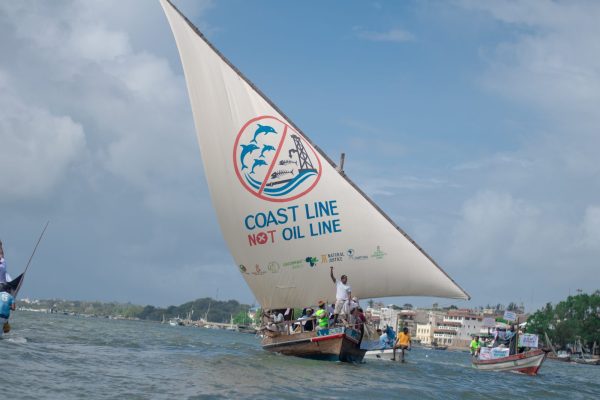The International Court of Justice (ICJ) was asked, by unanimous agreement, by the UN General Assembly in 2023, to provide an Advisory Opinion on some key questions around the legal obligations owed by States to each other, to protect the climate system from harmful greenhouse gas (GHG) emissions.
The UN’s request was spearheaded by Vanuatu, following a comprehensive campaign for action led by Pacific Island Students Fighting Climate Change and others . It was supported by States including Mozambique, Sierra Leone, Angola, Uganda and Morocco. These States recognise that they are particularly vulnerable to the impacts of climate change. A number of them are predicted to be rendered uninhabitable by mid-century, and are facing threats to the very existence of their cultures, statehood, and sovereignty.
This Advisory Opinion will influence international laws, in particular, it will clarify the legal obligations of States where they have caused significant harm to the climate system.
It is an important opportunity to hold governments accountable, and to clarify and develop the international law on climate change – an issue of global significance, as average temperatures continue to increase and we are having to consider the existential threats that climate change poses for our future, and that of future generations.
Among the long list of competing priorities, why should African States care about the international law on climate change?
The climate crisis is a human rights crisis, particularly for Africa. The African continent is disproportionately affected by the impacts of climate change, and climate change’s effects are felt more in Africa than on other continents.
Yet, the entire continent of Africa accounts for less than 4% of the world’s greenhouse gas emissions – the smallest share, among all the world’s regions, of anthropogenic emissions that contribute to climate change.
Socio-economic challenges including deep rural poverty and limited government capacity make it more difficult for African States and their people to cope with climate disasters as and when they happen.
Events like Cyclone Idai, which hit Mozambique, Zimbabwe, and Malawi in 2019, killing more than one thousand people, and the catastrophic drought in Ethiopia, Somalia and Kenya which is causing widespread food insecurity, continue to affect millions of people within Africa. Climate-linked disasters have already displaced more than 10 million people in southern Africa alone.
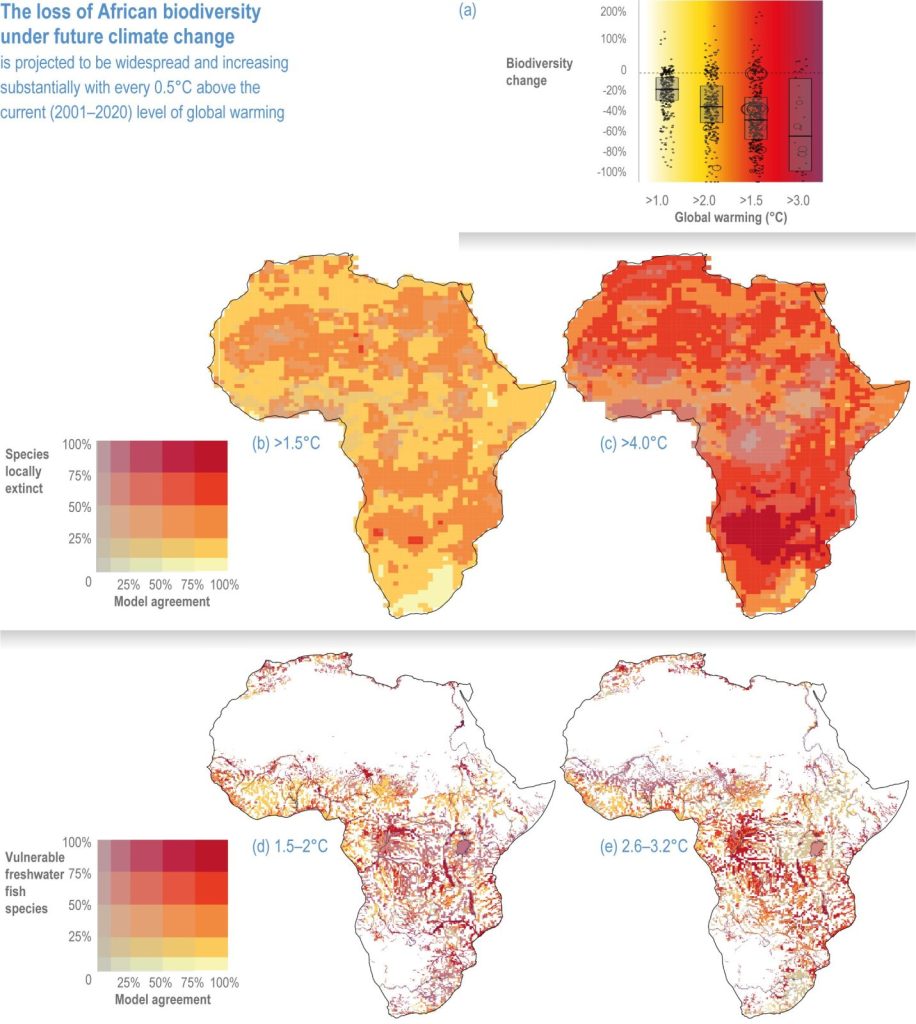
African States require substantial resources and support for the kind of responses required to address the scale of these impacts.
It will be increasingly difficult for African states to fulfil their obligations to protect the rights and wellbeing of their people, as the impacts of climate change intensify. There is thus a risk that African States will not be able to fulfil their Constitutional obligations to their own people.
The costs for loss and damage in Africa due to climate change are projected to range between US$290 billion and US$440 billion in the years up until 2023. Currently, African States are having to carry most of these costs alone. Developed states have provided some financial support, but, so far, current pledges are nowhere near enough, and much of the finance has been in the form of loans. Any financial support provided should be composed of grants, not loans. Poor countries should not be saddled with debt for responding to climate change when wealthy countries caused the problem.
Given the current reality that African countries are both vulnerable to climate change and will be increasingly poorer and debt-ridden by climate disasters, influencing international law should be the priority of African States. This could go a long way to supporting African States in addressing the climate injustices faced by African people who are having to absorb the impacts and costs of the climate crisis, despite having contributed the least to the problem.
What can the ICJ do?
The ICJ has been asked to give its Advisory Opinion on the obligations of States under international law to ensure the protection of the climate system from GHG emissions, and the legal consequences where States have caused significant harm to the climate system, having particular regard to a number of human rights and climate-focused international laws.
The ICJ’s Advisory Opinion could provide the much-needed clarity and impetus to shift things in the right direction, expanding the net of responsibility in respect of climate change, and confirming, for example, the obligations of developed and high-emitting States to support African countries in responding to climate change, and compensate them for loss and damages suffered as a result.
An ICJ opinion is not directly legally binding. However, it clarifies the interpretation and application of international law on a particular question. Among other things, this allows courts to absorb that jurisprudence into their court systems when making decisions.
What should African States do?
Presently States have until 22 March 2024 to make submissions to the ICJ. Only states that make written submissions to the ICJ by the deadline of 22 March 2024 are permitted to engage in the ICJ process going forward.
African States should take this opportunity to push for a comprehensive opinion from the ICJ, encompassing a wide spectrum of rights and international law obligations, that centre the rights of women and girls in all their diversity, Indigenous Peoples, youth, workers, people living with disabilities, and the fundamental human rights of people most impacted by climate change. They should ensure that the African perspective is placed firmly on the ICJ’s table, to stand in solidarity with other African States and to ensure that the voices of the continent and those carrying the burden of the climate crisis, are not left out of this important legal process.
